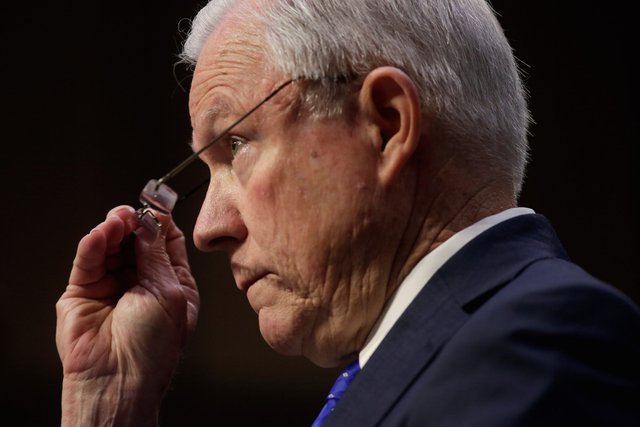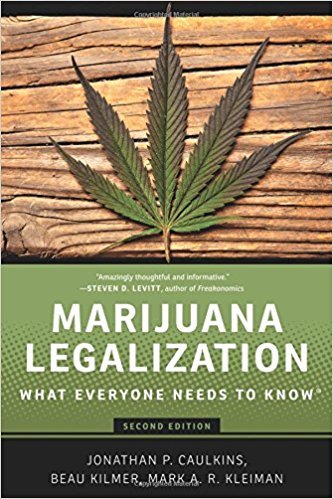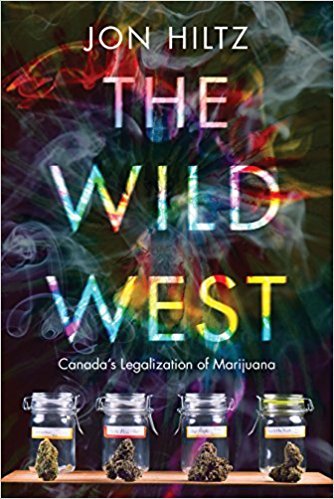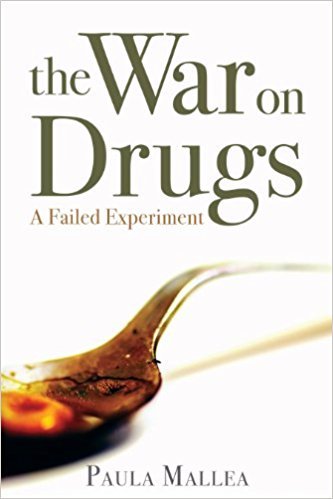The Attorney General says it would be healthy
to have more competition among medical marijuana growers!

Attorney General Jeff Sessions wants to expand the supply of medical marijuana grown for research.
Attorney General Jeff Sessions said he wants to see "more competition" among medical marijuana growers who supply the plant to researchers, in his Wednesday morning testimony before the Senate Judiciary Committee.
Sen. Orrin Hatch, the Utah Republican, asked Sessions to "clarify" the Justice Department's position on applications from private companies and research institutions to supply researchers with medical-grade marijuana.
"I think it would be healthy to have some more competition in the supply but I’m sure we don’t need 26 new suppliers," Sessions said.
Hatch, while maintaining that he is opposed to the "broad legalization," of marijuana, said he believes "scientists need to study the potential benefits and risks of marijuana."The Drug Enforcement Administration — which dictates the legal status of controlled substances — announced last year that it planned to increase the supply of medical marijuana available to researchers, potentially paving the way for the Food and Drug Administration to approve a non-synthetic marijuana-based drug.
Prior to the DEA's ruling, the only supply of marijuana available to researchers was grown at a facility at the University of Mississippi, and many complained that the marijuana was low-quality.
Hatch co-sponsored a piece of bipartisan legislation, the MEDS Act, which is designed to improve the process for conducting research on medical marijuana and would direct the National Institute on Drug Abuse (NIDA) to develop best practices for growing medical-grade cannabis.Sessions, however, said today he wants a limited expansion of this program, saying that he doesn't want the Justice Department to greenlight all 26 applications, and raised questions about how much it would cost the DEA to oversee the operations.
"Each one of those has to be supervised by the DEA, and I have raised questions about how many and let’s be sure we’re doing this in the right way because it costs a lot of money to supervise these," Sessions said.
Marijuana, both medicinal and recreational, is considered an illegal Schedule 1 drug by the federal government. 29 states, however, have legalized some form of medical marijuana and allow doctors to prescribe the drug to patients.
Click here to read the rest of the article.
Below are 3 books that belong in every library.

Marijuana Legalization - by Jonathan P Caulkins
Should we legalize marijuana? If we legalize, what in particular should be legal? Just possessing marijuana and growing your own? Selling and advertising? If selling becomes legal, who gets to sell? Corporations? Co-ops? The government? What regulations should apply? How high should taxes be? Different forms of legalization could bring very different results.
This second edition of Marijuana Legalization: What Everyone Needs to Know® discusses what is happening with marijuana policy, describing both the risks and the benefits of using marijuana, without taking sides in the legalization debate. The book details the potential gains and losses from legalization, explores the "middle ground" options between prohibition and commercialized production, and considers the likely impacts of legal marijuana on occasional users, daily users, patients, parents, and employers - and even on drug traffickers.
During the year and a half it took to legalize cannabis in Canada, alarming reports of dangerous activities in the legal grey area of marijuana sales were all too familiar. While many waited to see how the things would turn out, licensed producers got bigger and started distributing pot to countries around the world. Domestically, illegal dispensaries popped up in every major Canadian city, with law enforcement cracking down on all of them except in Vancouver and Victoria.
Not many know all the inside details on the laboured birth of cannabis legalization in Canada. This book will change that.
Journalist Jon Hiltz delivers a hard-hitting book detailing the end of prohibition and the rise of a new multi-billion-dollar industry.
A criminal prosecutor discusses the illegal drug trade and the failure of the so-called “War on Drugs” to stop it.
In 1971, President Richard Nixon coined the term “War on Drugs.” His campaign to eradicate illegal drug use was picked up by the media and championed by succeeding presidents, including Reagan. Canada was a willing ally in this “war,” and is currently cracking down on drug offences at a time when even the U.S. is beginning to climb down from its reliance on incarceration.
Elsewhere in the world, there has been a sea change. The Global Commission on Drug Policy, including international luminaries like Kofi Annan, declared that the War on Drugs “has not, and cannot, be won.” Former heads of state and drug warriors have come out in favour of this perspective. Former presidents Jimmy Carter and Bill Clinton agree with legions of public health officials, scientists, politicians, and police officers that a new approach is essential.
Paula Mallea, in The War on Drugs, approaches this issue from a variety of points of view, offering insight into the history of drug use and abuse in the twentieth century; the pharmacology of illegal drugs; the economy of the illegal drug trade; and the complete lack of success that the war on drugs has had on drug cartels and the drug supply. She also looks ahead and discusses what can and is being done in Canada, the U.S., and the rest of the world to move on from the “war” and find better ways to address the issue of illegal drugs and their distribution, use, and abuse.


🌟 You've been Upvoted & ReSteemed by our Cannabis Curation Team!🌟
Do you want more rewards on original cannabis content?
For more on the project that is ever growing click HERE.
For this week's Cannabis Curation Newsletter click HERE
It's new every Saturday night. Did you make the cut?
Downvoting a post can decrease pending rewards and make it less visible. Common reasons:
Submit